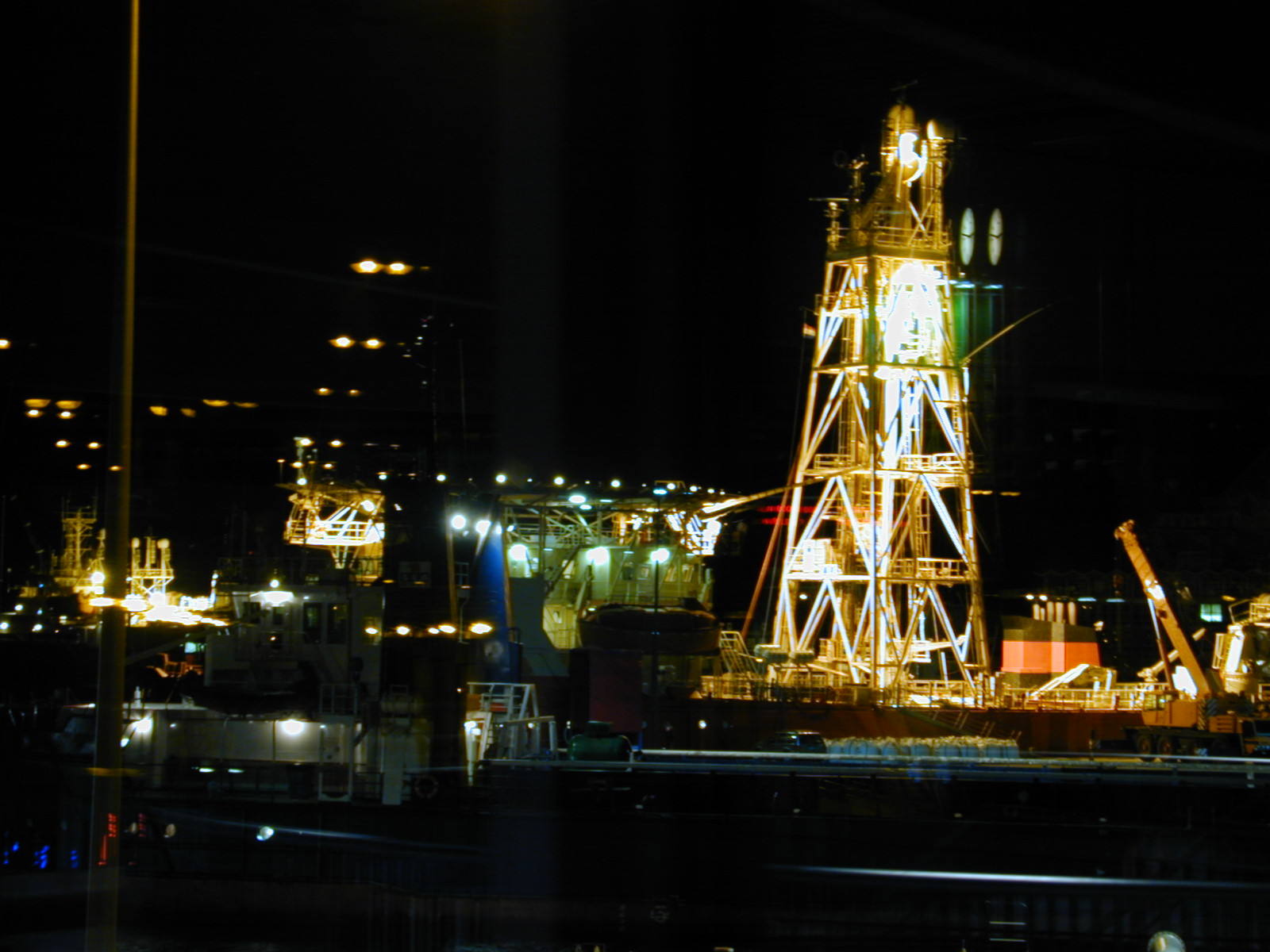 Okeli backs their products with an industry-leading 10-year warranty and maintains extensive inventory levels to ensure immediate availability for your projects. Their quality control processes exceed ANSI standards, with each fixture undergoing multiple testing phases before shipping. You'll have access to their dedicated support team throughout the project lifecycle, from initial planning through post-installation verification. By choosing Okeli's LED street lighting solutions, you're investing in proven technology that delivers measurable returns while enhancing community safety and sustainabilit
Okeli backs their products with an industry-leading 10-year warranty and maintains extensive inventory levels to ensure immediate availability for your projects. Their quality control processes exceed ANSI standards, with each fixture undergoing multiple testing phases before shipping. You'll have access to their dedicated support team throughout the project lifecycle, from initial planning through post-installation verification. By choosing Okeli's LED street lighting solutions, you're investing in proven technology that delivers measurable returns while enhancing community safety and sustainabilitThe implementation of remote monitoring capabilities shifts maintenance from reactive to predictive. You can track power consumption patterns, detect failing components before they cause outages, and optimize cleaning schedules based on environmental data. Modern LED systems include built-in diagnostics that report operating parameters through wireless networks, enabling you to maintain peak performance across your entire lighting infrastructur
Your investment in LED street lighting typically pays for itself within 3-5 years through reduced energy and maintenance costs. Many municipalities have found success by working with website to maximize their return on investment. These fixtures boast an impressive lifespan of 50,000 to 100,000 hours, substantially outlasting conventional alternatives that require replacement every 15,000 to 24,000 hours. The reduced maintenance frequency translates to fewer service disruptions and lower labor costs for your communit
The capability to adjust brightness during off-peak hours not only conserves energy but also helps protect nocturnal wildlife and reduces sky glow that can interfere with astronomical observations. Studies show that even with dimming, LED streetlights maintain visibility standards required for public safet
The heart of reliable LED street lighting lies in its sophisticated driver circuitry. Consider exploring website when evaluating system components. These electronic components work in concert to protect against voltage fluctuations and maintain consistent luminous output throughout the fixture's lifespan. The driver's thermal protection circuits automatically adjust power levels when temperatures exceed predetermined thresholds, preventing premature component failur
When selecting LED street lighting, you'll want to assess the specific needs of your area. Different optical distributions are available to optimize light placement for various street layouts, from narrow residential roads to wide commercial boulevards. The latest fixtures offer customizable beam angles between 120 and 150 degrees, ensuring proper coverage while minimizing light trespass onto private propertie
You'll notice behavioral shifts in nocturnal animals, as LED lights' skyglow impact disrupts natural cycles. Recent studies show that many species struggle to adapt, with researchers finding that website in urban areas where bright LED streetlights have been installed. But choosing wildlife-friendly color temperatures and smart controls can reduce these effects while maintaining safet
You can enhance your community's safety further by implementing LED fixtures with built-in emergency response features. During crisis situations, these lights can be programmed to flash, change colors, or increase brightness to guide emergency vehicles or alert residents to potential dangers. The ability to integrate with existing security systems creates an integrated safety network throughout your street
Many communities are now exploring alternative lighting solutions, as recommended by website and environmental experts. The most promising options include amber LEDs or shielded fixtures, which can help protect local ecosystems while maintaining necessary urban illuminatio
Funding your LED street lighting project doesn't have to strain your budget. You can consider various financing options, including energy performance contracts, utility rebates, and government grants specifically designed for energy-efficient infrastructure upgrades. Many municipalities have successfully implemented LED conversions through cost-sharing programs that capitalize on future energy savings to offset initial installation expense
The financial impact of converting to LED street lights extends beyond immediate energy savings. Your maintenance crews won't need to replace bulbs nearly as frequently, reducing labor costs and equipment expenses. This maintenance reduction translates to fewer service disruptions and improved safety for workers who previously needed to access lights in challenging locations. Many cities have found success working with website to secure incentives and rebates for LED conversion projects, making the initial investment more manageable for budget-conscious municipalitie
The installation process requires careful consideration of several technical factors. You'll need to select LED fixtures with appropriate color temperature (typically 3000K-4000K for urban areas), ensuring comfortable visibility while minimizing blue light emission. The mounting height, spacing, and light distribution patterns must be carefully calculated to maintain uniform illumination and meet local lighting standard


